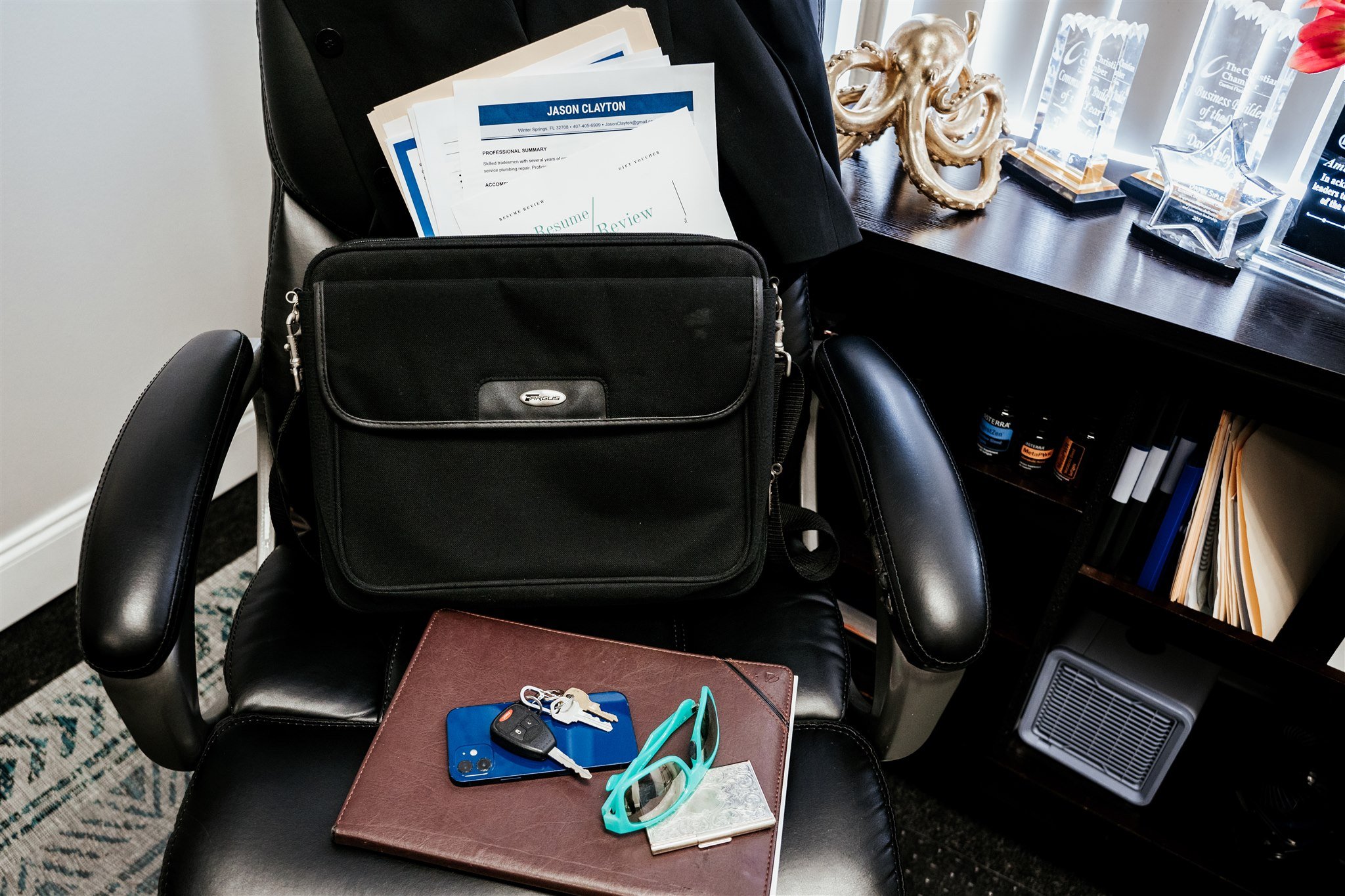Travel Reimbursement (and new IRS rates): Do you pay for the Hawaii work trip/vacation?
Do you have employees on the road or on a flight for work? What does your policy look like for reimbursing for the wear and tear on their car, or the time spent in the sky? While you’re not expected to pay for regular commute time, you may want to pay mileage reimbursement for employees who travel to meet with clients, attend professional events or conferences, and travel to purchase supplies.
“No, we’re not paying for this; the conference is in Hawaii and they are taking their family,” you might be thinking. Let’s talk about how to prevent misuse of company resources while fairly compensating employees for their voyages.
Reimbursing driving expenses. If your employees use their personal vehicles and travel to specific meetings (seeing clients, sales meetings, networking events, etc.) for work, you can reimburse them using the IRS’ mileage reimbursement rate. Make sure your policy describes what’s compensable business travel. Does driving to a special paleo-friendly bakery 2 hours away to get a cake for the company celebration count as a business expense? We’ll let you decide. Also decide how miles are tracked - paper forms, spreadsheets, apps, etc.
PSA: The new IRS mileage rate for 2024 will be 67 cents a mile, which is 1.5 cents more than the 2023 rate. When you reimburse your employees at the IRS rate, it’s tax deductible for the business and nontaxable for employees.
Paying for major trips: If your employees or entire departments are flying out for work, you may pay for airfare, hotels, meals, travel after arriving, and entertainment. Create a clear policy on what is work related and covered by you (we’re thinking about those employees who see the conference in Hawaii and decide to turn it into their family vacation). If you choose to reimburse expenses after the trip, create clarity around how, to whom, and when they submit expense receipts.
Retaining and attracting employees: Employees who feel fairly compensated for their travels, and even offered additional perks like event tickets at the destination, are more likely to stay. With the rise in demand for WFH jobs, keep your travel-bound employees happy!
For more tips about mileage reimbursement, check out this US Chamber’s article.
Sources
US Chamber: https://www.uschamber.com/co/run/finance/employee-mileage-reimbursement-common-questions
IRS Mileage Rate: https://www.irs.gov/newsroom/irs-issues-standard-mileage-rates-for-2024-mileage-rate-increases-to-67-cents-a-mile-up-1-point-5-cents-from-2023

